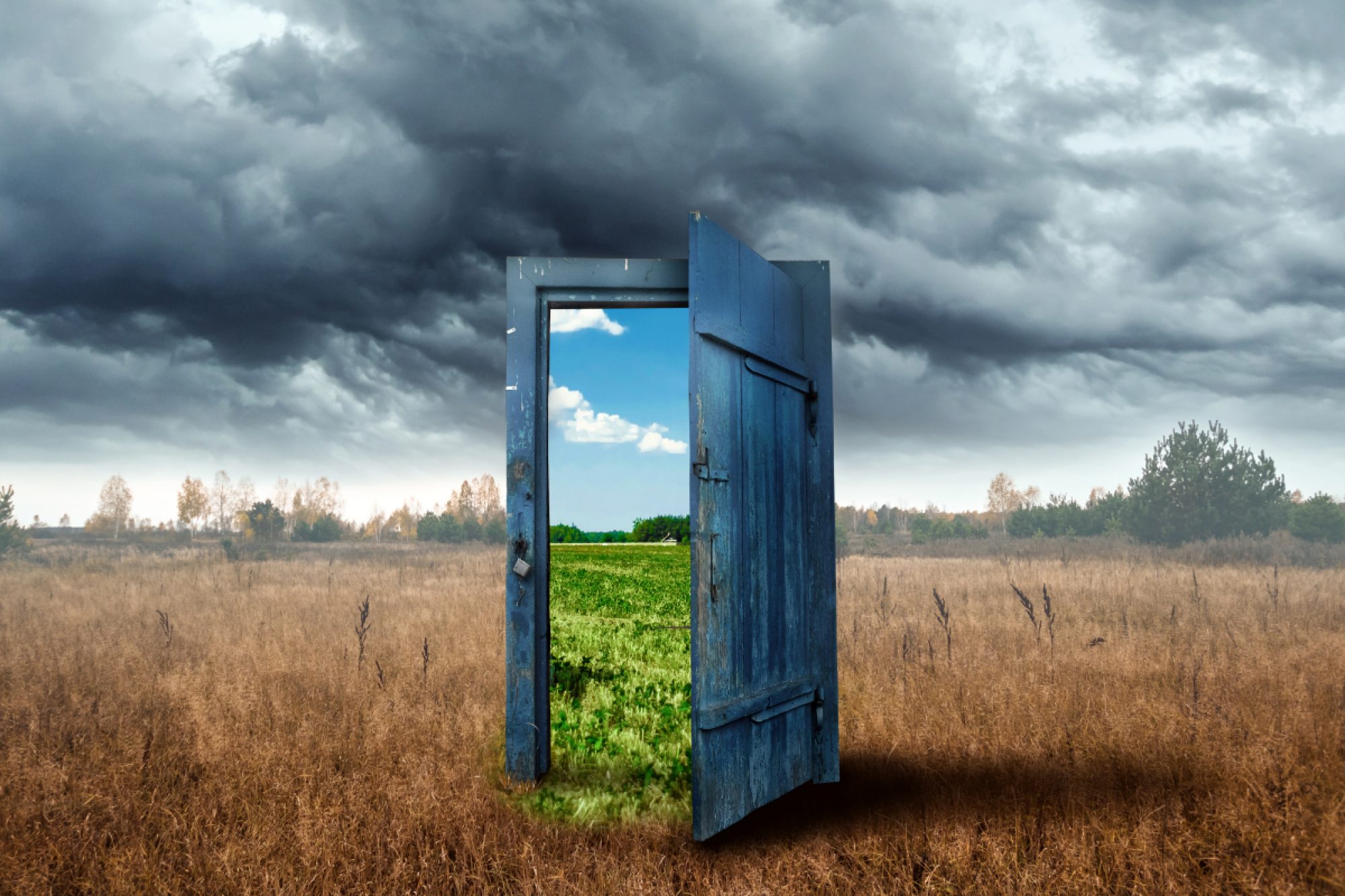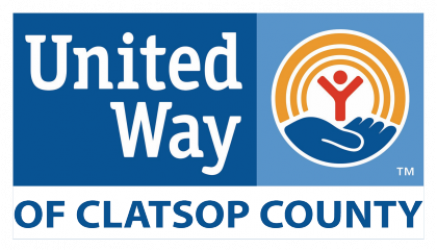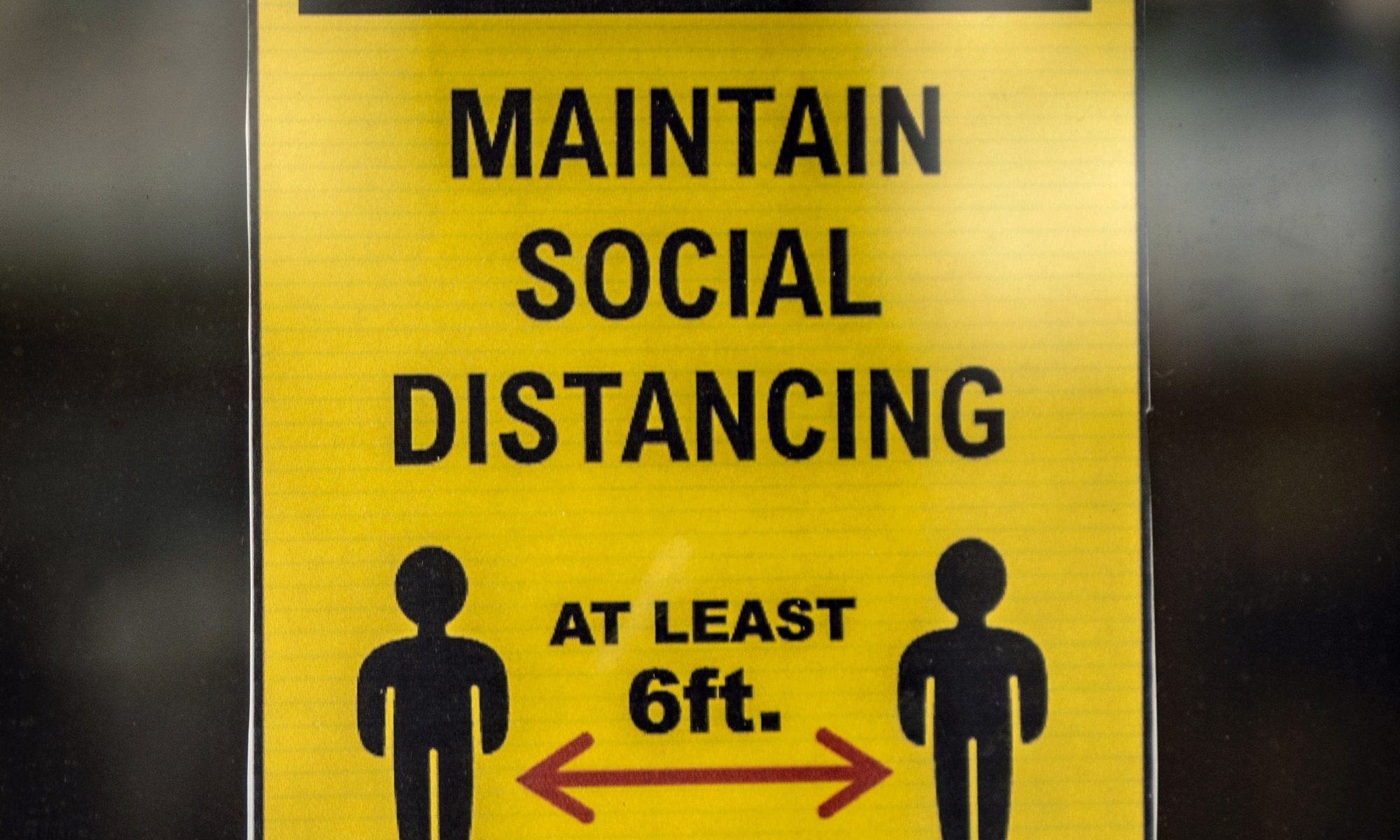As published in The Astorian, by Jen Munson
Earlier this month, the United Way of Clatsop County Board took an emergency vote which ultimately culminated in a devastating decision.
Due to new COVID-related information from the local medical community, the Shipwrecked Music Festival, a fundraising event for our local nonprofit agencies, was canceled. In making this decision, our board chose to embrace a culture that is pro-science, as well as one of active engagement in all facets of community wellness — even when we stood to lose $15,000 in event operations costs.
Our hearts ached for the nonprofits we’d hoped to assist.
Even in outdoor venues where physical distancing is possible, such as the Clatsop County Fairgrounds, the United Way was advised that the delta variant is remarkably successful in transmission. Further, the event was slated to involve alcohol, which may impair even the most genuine commitment to distancing.
Therefore, we chose to stand with our friends in public health and avoid putting any attendees at risk.
Accordingly, a full-throated show of support for the medical community must include a well-considered appreciation of the pressures these health care workers face on our behalf. Secondly, it requires a personal inventory of the ways in which each of us can better support them in this enduring crisis.
One thing is certain. We are putting these front-line workers at risk of moral injury.
Moral injury is the damage done to one’s conscience or moral compass when that person perpetrates, witnesses or fails to prevent acts that violate one’s own moral beliefs, values or ethical codes of conduct. What’s worse, moral injury can be a precursor to trauma-based diagnoses.
In my professional practice, I have become familiar with how symptoms of post-traumatic stress disorder manifest in employment settings. Indeed, we typically associate the concept of moral injury and PTSD with returning military service members.
Colloquially, we may term this “survivor’s guilt.” In fact, guilt has been identified as the most salient experience of PTSD. Additional symptoms include anxiety, hopelessness, flashbacks, social isolation and even suicidal thoughts.
As we learned this month, the county’s hospitals have been inundated by new virus cases, including some tied to the Clatsop County Fair. Complicating matters is another wave of medical equipment and testing supply shortages and the difficulty in transferring patients to other hospitals for specialized care.
Given this situation, it is only a matter of time until our health care workers face some ghastly decisions around who receives life-saving care and who will not. To be regularly charged with such decisions is inconceivable to most of us. We do not train medical workers for this sort of triage either. How could we?
Such high-stakes emotional reckoning is compounded in an epidemic where workers face long shifts punctuated by insufficient rest — only to get up and do it all again the next day. Crucially, where the potency of a traumatic episode is concerned, the effect of repetitive injury leaves little if any time to process an incident. When left unaddressed, these “thousand cuts” often lead to longer term mental health consequences.
It has been said that the ultimate injustice then, on top of all this moral injury, is for health care workers to leave the hospital only to see that outside those walls the rest of us still blunder on, gleefully mocking mask mandates and other precautions as though they are nothing more than political theater.
Is this a failure of education? Or is it a failure of leadership? Regardless, in making those choices, we put our health care workers in harm’s way, and, by extension, their families, too. Almost comically, we then expect them to risk their own lives to save us, should we contract the virus. It’s a calculus suggesting we deem these workers valuable only when we benefit personally.
An alternative to that seeming indifference is to cultivate an ethic known as “health citizenship.” It means that as the beneficiaries of patient care, we hold up our end of the bargain.
We contact our elected representatives and implore them to follow public health science when they set policy. It also means that if they choose not to, we vote them out. Health citizenship requires that we advocate for our hospitals and other medical care providers to protect the well-being of staff. This includes providing adequate trauma-informed support in the form of counseling, peer mentorship, employee resource groups and appropriate staffing to promote recovery time between shifts.
Finally, it means ensuring that we do not further contribute to the problem during this pandemic.
Canceling the Shipwrecked Music Festival was a decision we felt bereaved by. But, ultimately, we knew local health care workers needed our support.
United Way of Clatsop County believes this is the time to shine a light on the importance of standing with our health care workers and beyond. We ask you to join us in supporting these community members with your own efforts towards health citizenship.
Without such heroes, we have little hope for surviving this calamity, nor any other crisis the future may bring.
Jen Munson is a disability rights advocate and social worker who serves on the board of the United Way of Clatsop County.


